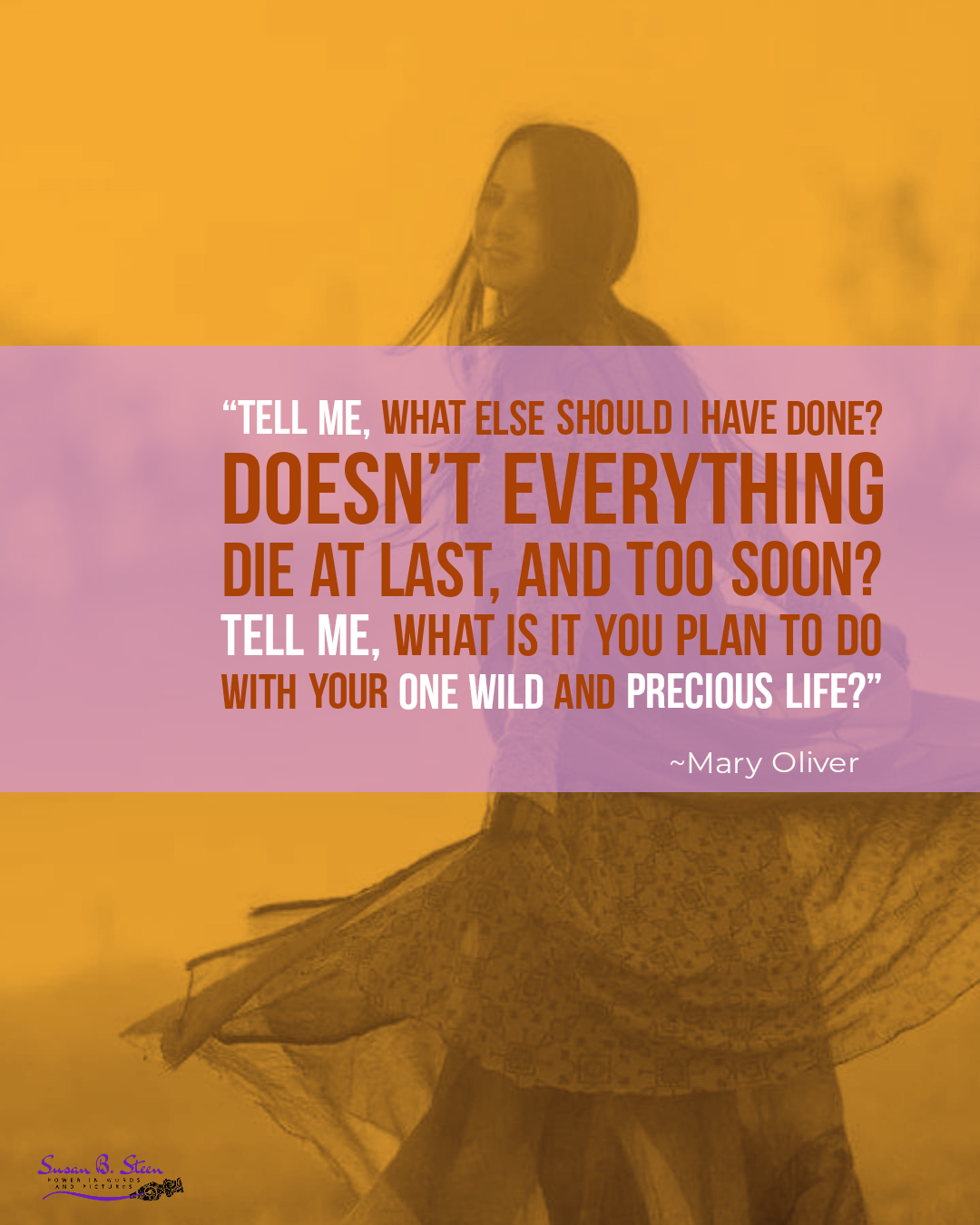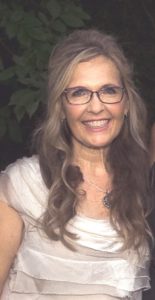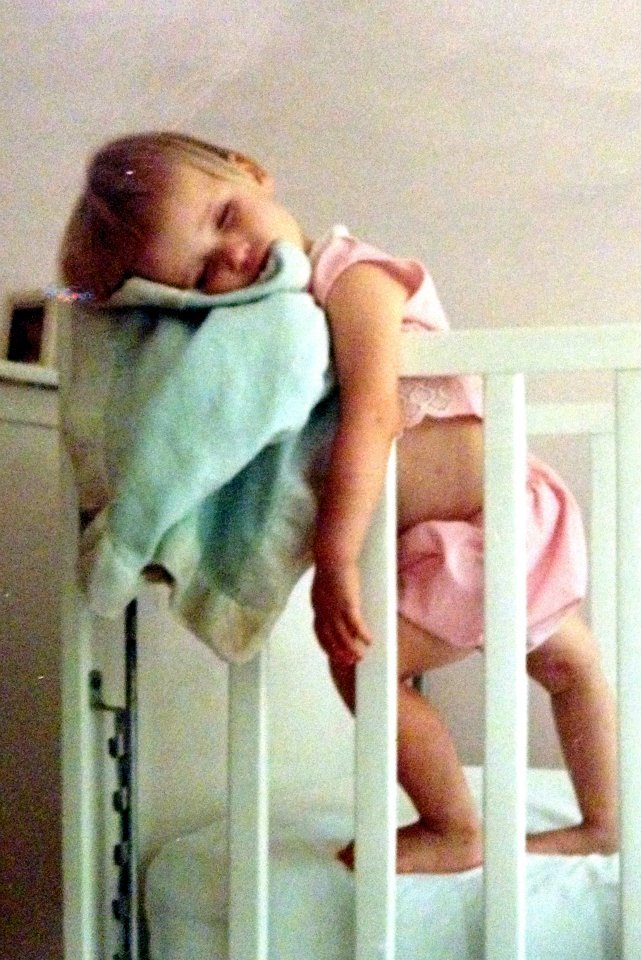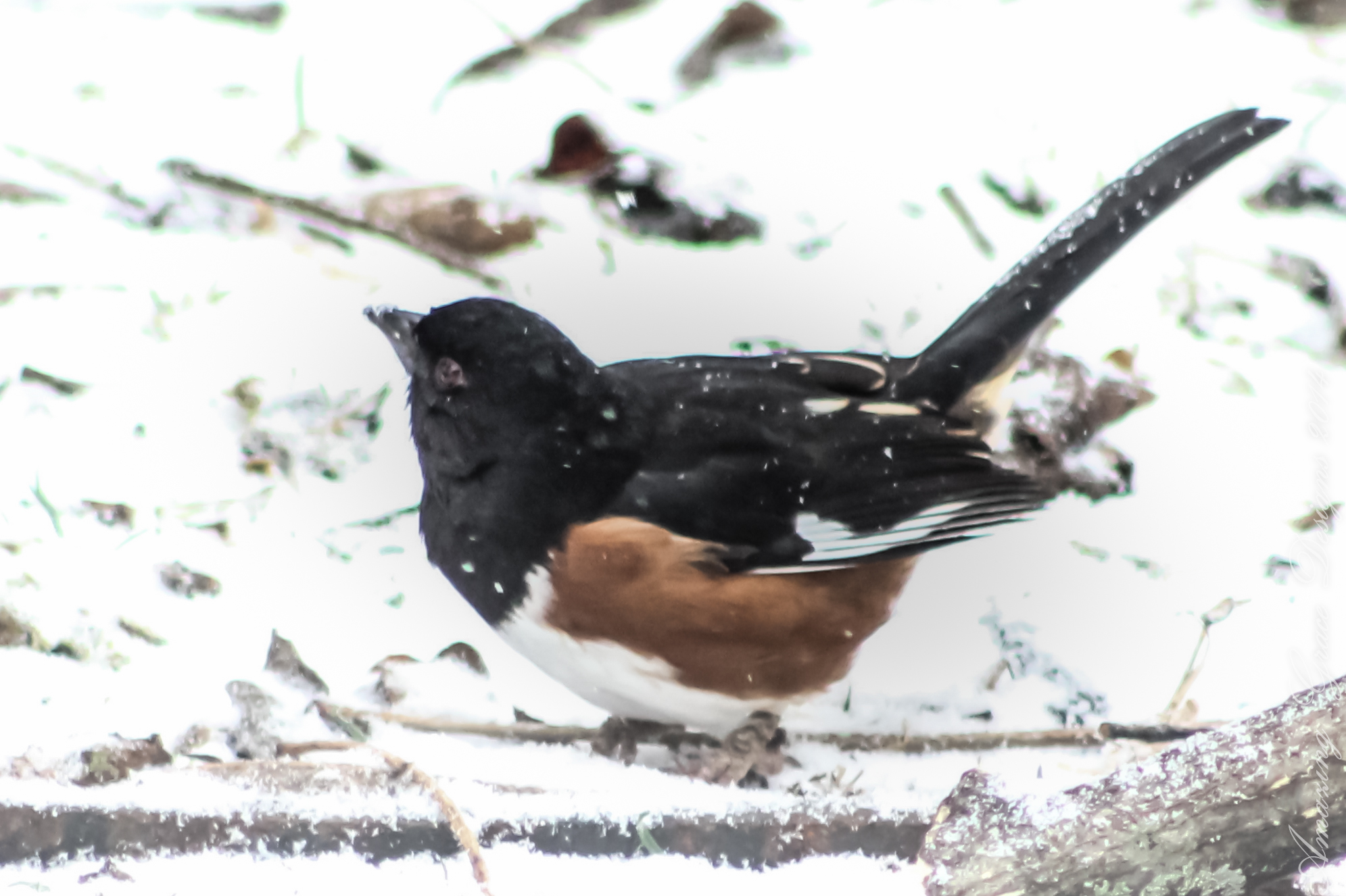Writing My Own Ending

Writing My Own Ending
“Tell me, what else should I have done?
Doesn’t everything die at last, and too soon?
Tell me, what is it you plan to do
With your one wild and precious life?” ~Mary Oliver
♦♦♦
“Molly, I want to write about obituaries. I mean, I love words, and I think obituaries are a great opportunity to be able to reflect on what a person was all about,” I said to my daughter-in-law.
She thought for a moment and then nodded in agreement.
“I love grammar, I love words, I love people. I wonder what I would say if I were writing my own,” I commented.
She responded thoughtfully, “I’ll write yours for you. She ded.”
Please note that I will be hurrying to put together my own obituary in the weeks and months to come, possibly by the end of the day.
Oliver’s words really do beg of us, though, to consider what else we might have done (though I don’t particularly like using the word should.) But here we are, you and I, with this one wild and precious life, and we are reminded by the numbers of lives lost to a virus, as well as to any number of other causes. I think this is a great time to think about how we want to be remembered at the end of our one wild and precious life.
You’ve probably tried to write your own plan for the year — you know, goals and resolutions. Many of us do that in January, though we would be better served to begin in November or December. I tend to do this in April, and as the month has disappeared in a strange fog of days of distancing, I’ve become aware of the need to approach things a little differently this year. I’ve been reading about the people who have died from Covid-19 and have been moved by the stories of their wild and precious lives.
- Margaret and Ann were both Holocaust survivors. The quote that caught my eye about Margaret was that after having lived through the horrors of a concentration camp, “she was blessed with the gift of authenticity.” I hope people feel I was authentic.
- Jen was a costume dresser, and the quote I read about her said that everything in her world had glitter on it. I wonder if I need more glitter in my world, even though it’s pretty messy.
- Frank was an emergency room doctor. Written of him were the words that he was always going to be someone who helped people. I wonder if I do enough to help people.
- Anthony was a sports photographer. He was remembered for doing everything out of the kindness of his heart, wanting to make people happy. I wonder if I do enough to make others happy, and am I selfless enough?
Their stories are a bit like the book I read recently. It had been touted as one of a wonderful series. Poring over the scenes laid out in the pages, I absorbed every bit of the characters and worked my way feverishly to what was supposed to be a wonderful ending. The ending was unexpected, as many authors work the craft so well to do, but was too much for me, and I (being the emotionally invested person I am) could not just say, “Oh, bad ending.” I cried over the character for an hour or two, felt depressed for a few days, and have yet to pick up the next book in the series, even though my friend assures me the character gets a better ‘ending’ a book or two down the line. (This is why I read mostly non-fiction.) Stories in books and in life, though, do not end as we might like. We who are living, and we who love to write, however, have an opportunity to pick up the pen and write a different ending, possibly a different story.
Of the thousands of people who have died, all seem to have had kind words spoken and written about them. It leaves me feeling challenged. I want to challenge myself to do more, I think. I believe I am an authentic person who makes others happy, and who helps people, though I could probably do better. Maybe it’s time to add some glitter to my life. If I were to write the ending I’d like to read, what would the next day or the next several years look like? I’ll ask the same question of you. It’s ok to be humorous, in fact, it’s almost imperative.
“Susan loved fountain pens and purple ink and had a beautifully organized collection (note to self, gather and organize those pens now). She loved sitting by the kitchen window watching the birds, and loved photographing with her Hasselblad mirrorless camera (note to self, save and earn enough to buy that camera). The year she and Bernie traveled with their kids to Switzerland, hiking from Grindelwald-First to the Faulhorn, was the memory she wrote of most often, especially the sunrise they enjoyed (note to self, plan and save for that trip with the kids to Switzerland). Her pen-pals around the world will miss the weekly letters she sent them, sharing the bits of wisdom she often thought up on her morning walks (note to self, keep walking and find some more pen-pals). Of the five books she published, her first two being self-published, she thought the third book was her favorite and has set aside copies for the first fifty people who are interested enough to want to read it (note to self, write those books!).”
How would you write what you hope is read at the end of your life? Take a minute to add some humor, add some lofty ideas, and embrace your human tendencies to have too many piles or clean others’ things too quickly for their comfort. Let’s start from the end and write the story we hope is read at the end of our wild and precious life. Most importantly, let’s live the life about which we write. Maybe we should each add a little glitter, while we’re at it. At the end of it all, maybe it will be ok if Molly simply writes, She ded. I think everyone will appreciate the love and humor.



